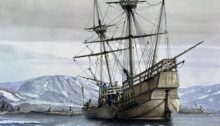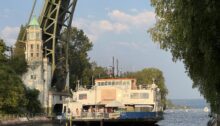This post explores how concepts of time shape human culture, ethics, and identity. It begins by discussing the enduring appeal of time travel stories, their philosophical and ethical dilemmas, and their deep relationship with religious ideas and cultural frameworks. The conversation compares sailors’ and space explorers’ experiences of time, revealing the transition from Newtonian absolute time to Einstein’s relativistic spacetime.
Further, the post examines how different cultures’ views of time—linear vs. cyclical—influence rituals around death and the treatment of the deceased, and then addresses the unique human capacity for recording history. It considers why deliberate historical preservation sets humanity apart from other animals, and why falsifying or altering history, especially through time travel, would be deeply unethical and damaging—contrary to our moral and possibly sacred responsibilities.
The discussion concludes by emphasizing the sanctity and importance of historical truth as a foundation of civilization, justice, and human self-understanding.



